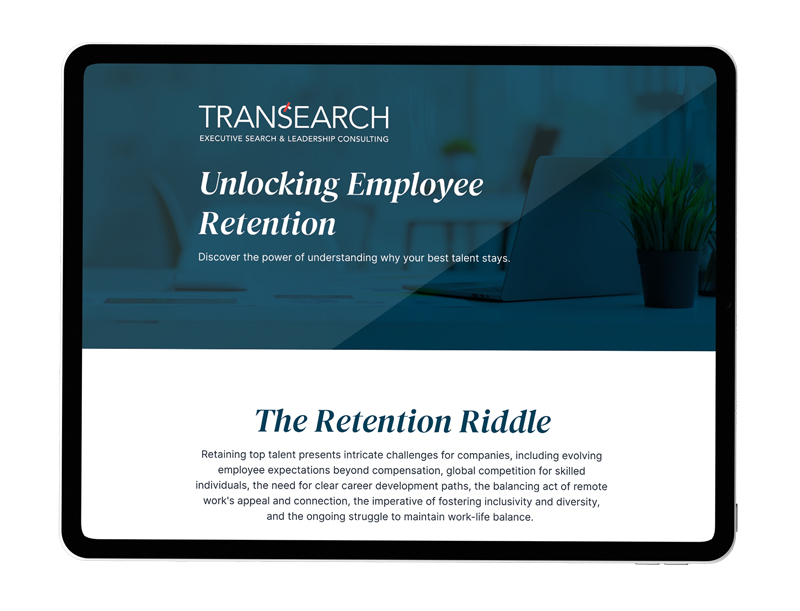Chocolate or Peanut Butter? Cubs or Sox? Beer or Wine? Chocolate or Vanilla?
Conundrums have plagued humans for eons. Questions that can break up friendships. In some circumstances, it’s an easy choice – “Cubs, obviously!” Sometimes the answer is “Both! Reese’s – I’m looking at you!” In most instances, the answer is “Both!”
To Regulate or Not to Regulate? Do Regulations Kill Jobs?
Like many things in life, the answer is not binary. Depending on who you ask, the answers range from “YES! More rules mean less profit, and that means cutting overhead (jobs)” or “Nope! It’s the cost of doing business.”
If you are asking me, I am somewhere in the middle. I am a firm believer in making decisions based on purpose and impact. Meaningful regulations are critical to protecting and conserving our resources, both human and material.
While conventional wisdom claims that regulations and compliance hurt the economy, I contend anyone can appreciate the value of regulations when looking through the ESG lens. ESG (Environmental Social Governance) is a hot topic; you may have read some of my earlier posts and my coworker Cynthia Kaplan’s thoughts on the subject.
ESG compliance and reporting are fast becoming top priorities for executives.
According to the website RegASK, 29% of companies screened in 2021 include ESG metrics as part of performance compensation goals. That is a 7% increase since 2020!
Being a good corporate citizen is no longer a “nice to have”; it is imperative. Job seekers today value purpose and impact. Marketing communications firm CONE found that 64% of Millennials consider a company’s social and environmental commitments when deciding where to work. Also, customers are focused on working with organizations that strive to reduce their carbon footprint and enhance their connection to their communities.
Global legal strategy firm Morrison Foerster advises their clients to follow “roadmaps to adopt ambitious sustainability strategies that demonstrate meaningful impact while improving the bottom line.” Companies are scrambling to acquire talented leaders to help them build such roadmaps. They are making strategic decisions that help them enhance their employer brand.
Even traditionally “dirty” industries like energy and mining are jumping on the bandwagon.
Industry news website, Environmental and Energy Leaders reports ALL major oil and gas companies list ESG as a priority. Since 2021, 83% of the producers publicly share their GHG emissions. Some may speculate that it is just greenwashing the oil industry; progress and results must be transparent to overcome that stigma. In March of 2022, the Securities and Exchange Commission (SEC) proposed changes to reporting requirements related to Scope 1, 2, and 3 emissions impacts. The new requirements may be labeled as onerous. But I believe it will result in improved emissions and ensure that businesses will fully commit to their ESG pledges.
The public is insisting on transparent corporate governance.
As I have said, the trend is not going away. Business leaders, regardless of function, will need to layer in ESG strategies in all their departments. It is not enough to merely manage from the C-Suite, ESG efforts must be embedded in all levels of the organization. I suggest adding ESG goals to leadership development programs across all industries. Tomorrow’s leaders will have to embrace and foster compliance with environmental regulations. The future feels bright. Let’s continue the strides we’ve made.
















